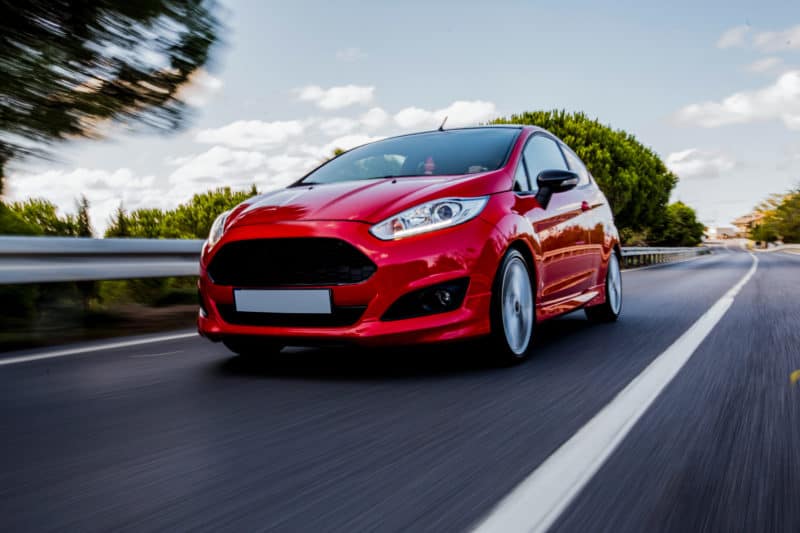When speaking about car insurance, it is important to denote the type of coverage we’re discussing. In many states, things like liability insurance are required by law, whereas collision insurance is optional coverage. The differences between the types of car insurance are fairly easy to understand once you know the basics.

Let’s take a look at the 6 different types of car insurance to get an idea of what you need.
1. Liability Coverage
When we talk about insurance being required by the state, we are referring to liability coverage. Liability coverage is insurance that will pay out for damage you do to others. Any damage you do to yourself in a collision is not covered.
Liability coverage includes:
- bodily injury liability: this covers medical and other related costs if you cause an accident
- property damage liability: this covers any damage you cause to someone’s property. The biggest payouts are generally for damage you do to their car, but other possessions are also covered
2. Uninsured and Underinsured Motorist Coverage
Liability cover is generally required by state law. However, this doesn’t mean everyone will get it. It is a difficult law to police, and a fair amount of people go without any insurance. If you’re hit by someone without liability insurance, your insurance will have to pay for damages caused to you.
Even those with coverage may not have enough insurance to pay for your claim. States have varying minimums for liability coverage, and the minimum in some states is remarkably low. New Jersey, for instance, only requires $15,000 in personal injury protection liability coverage. If you’re hit by an underinsured motorist, your insurance will have to cover what they don’t.
This is why uninsured and underinsured motorist coverage is required in some states.
3. Collision Coverage
You’re usually required to have liability insurance, but no laws require you to insure your own car. Therefore, if you are in a collision and you are to blame, liability coverage will leave you paying out of pocket for your own damages. Collision coverage is optional insurance that will cover damages done to your vehicle in a collision that you caused or in which there is no third party involved.
4. Medical Payments Coverage
In the same vein, you will have to pay your own medical bills if you cause an accident. Medical payments coverage will cover you and any passengers (or other drivers) for your health costs. Some states require medical payments coverage.
5. Personal Injury Protection

Personal injury protection (PIP) is similar to medical payments coverage but it covers additional costs. These include the loss of income from not being able to work due to an injury, as well as child care costs.
PIP is only available in some states, with some of these states requiring it by law.
6. Comprehensive Coverage
While comprehensive coverage sounds like a catch-all that includes all the other types of insurance, it is actually a different kind of coverage altogether. Comprehensive coverage generally covers damage to your car that does not occur due to a collision. This includes theft, fire, hail, and vandalism. Comprehensive coverage is not required by law. However, if you are paying off your car, your lender may require that you get comprehensive coverage.
Other types of coverage
You may think that the 6 types of insurance cover everything, but there are extras that you can get coverage for. Gap coverage, for example, helps you pay off a loan for a car that you total. New car replacement insurance will get you a brand new car if you total a car that is less than two years old.
Some types of coverage are necessary for cars with extra costs. Installed an expensive sound system? Sound system coverage will pay out its value if it gets destroyed in a collision. Collect classic cars? Classic car insurance covers the specific needs of classic car owners – cars which are more expensive and difficult to replace, but less likely to be on the road all that often.
There is also specific coverage for people who use their cars for work purposes. For example, ride-sharing coverage is necessary for ride-share drivers, whose regular insurance may not pay out in a collision.
With all of this in mind, you should have a clear idea of what kind of insurance you need for your car.

